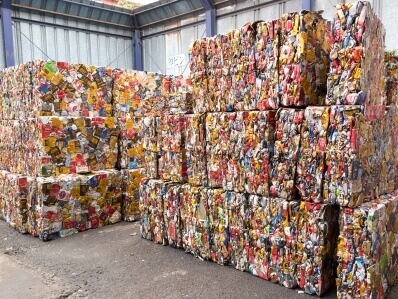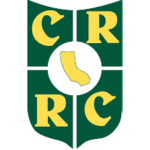
24 Jul 6 Types of Materials That Can be Baled
6 Types of Materials That Can be Baled
 When shipping, storing or transporting materials, you need to take great care in how you handle them. Various materials thrive in different conditions and it is up to you to determine how to transport them without facilitating their damage during the process. Some materials tend to lose their quality when improperly handled. Baling involves carefully packaging and compressing a bundle of materials for the purpose of storage, transportation or shipment. Most of the time baling is done with the use of cords, wires, hoops, or wrapping the material with a durable cover.
When shipping, storing or transporting materials, you need to take great care in how you handle them. Various materials thrive in different conditions and it is up to you to determine how to transport them without facilitating their damage during the process. Some materials tend to lose their quality when improperly handled. Baling involves carefully packaging and compressing a bundle of materials for the purpose of storage, transportation or shipment. Most of the time baling is done with the use of cords, wires, hoops, or wrapping the material with a durable cover.
When it comes to recycling of materials, baling is a primary process. It helps package the recyclable materials in manageable sizes that take up less space. However, before you begin compressing materials, it is essential that you have an idea of the materials that can withstand the entire baling process.
Types of Baled Recyclable Materials
1. Paper products
Any product that comes from paper such as periodicals, books, magazines, cardboard, or even newspapers has the potential to undergo baling and recycling. Its structure makes it susceptible to the compression process that baling offers. Cardboard, which is initially in the form of sheets, can go through folding. The folding could form boxes that could fit a number of uses. Newspapers trap air between their pages, baling helps reduce this excess weight by compression.
2. Cartons
This material resembles paper in that it also traps air within itself, just like newspapers. The compression act of baling helps to get rid of the air and excess weight. In addition to this, it reduces the size of the material making it manageable with respect to storage and transportation. Cartons help with respect to food storage before selling. It is good to note that there are two types of cartons, namely the refrigerator-only cardboard and the shelf-stable one.
3. E-Waste
This type of waste relates to electronic products. Electronic products comprise of numerous elements that can undergo compression and crush to free up some space. Examples of e-waste products include smart phones, computer, and television parts. In addition to this, electronic parts in fridges and cars are also part of the products of e-waste.Non-Ferrous
4. Non-Ferrous metals
These metals have no iron component in them such as copper, aluminum, nickel, and lead, among others. Materials that have iron components go through a different process of compression. These metals are very expensive, thus recycling them makes it a very lucrative opportunity. This is because businesses that recycle these materials cut down on the cost of actually using them in the packaging of their products like the making of soda cans.
5. Plastic
Baling of plastics is necessary, because they come in various shapes and sizes of molding. This makes it a necessary process before they are re-molded into other shapes. The fact that they are susceptible to constant molding, they tend to retain and trap air and create empty spaces within their composition. This makes compression a necessity before reusing a plastic material. Plastics retain their quality even after going through the baling process.
6. Tires and textile materials
Baling a tire is not an easy process because they are rigid, but with the right equipment, this material becomes susceptible to baling. A tire can undergo compression to nearly a half of its original size, making it easy for storage and transportation. In addition to this, it also helps in the production of fuel, ground rubber, and civil engineering applications. Baling textile is very easy because in their natural state they can be folded into smaller sizes. Textiles include blankets, curtains, and rugs, among others.
Knowledge on the right materials to bale helps to make sure that your contributing efforts are positive and more organized. It also helps you save on energy resources, and time spent looking for various products. After recycling the recyclable products, whatever remains is considered as trash. Most businesses and households proceed to throw this away or burn it. Some people contact waste disposal companies to do away with the trash. However, very few people have an idea of what happens to this waste.
H-West Equipment, Inc is a provider of recycling equipment, based in Orange, CA. We sell and service every piece of equipment necessary, from Balers to Compactors, to Shredders, Conveyors, and much more throughout California, Arizona, Nevada and Northern Mexico. We also provide parts and expert service throughout the same coverage area. For a consultation, or to schedule service, reach us through our contact form or call us at our corporate office in Orange CA at (714) 289-7733 today!





